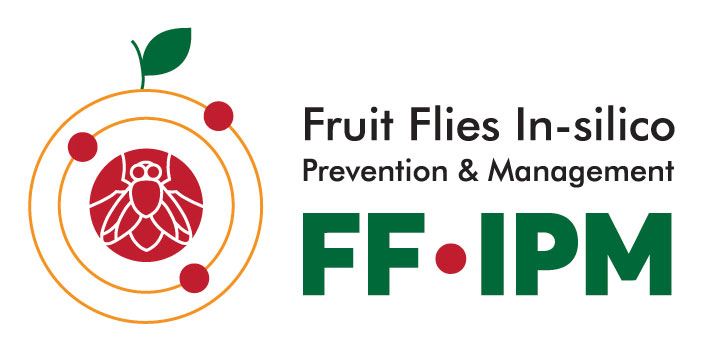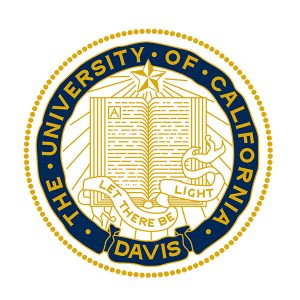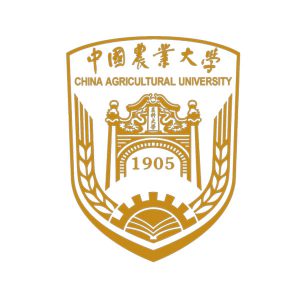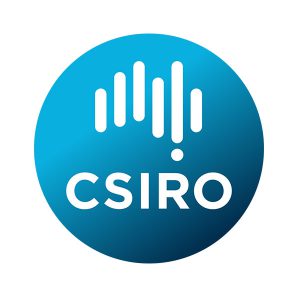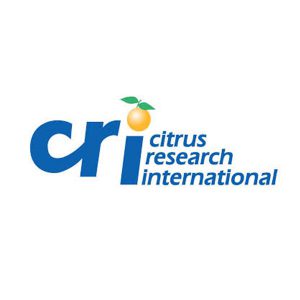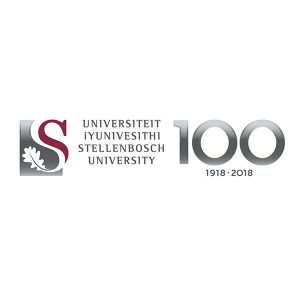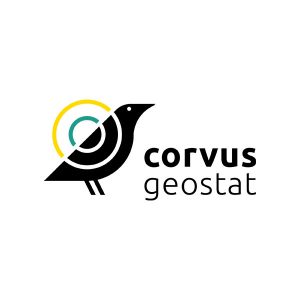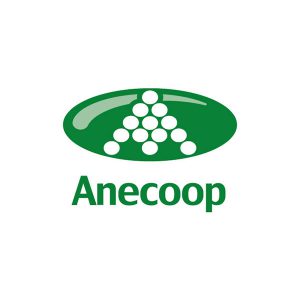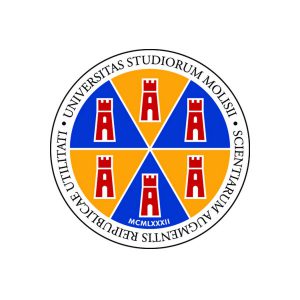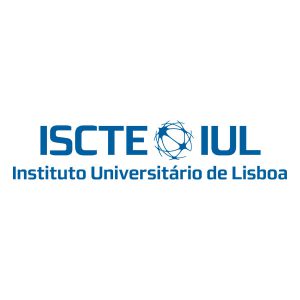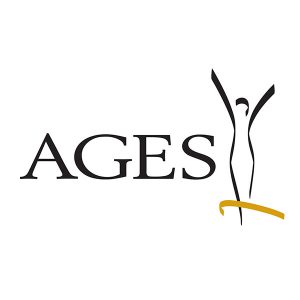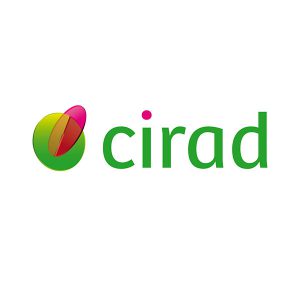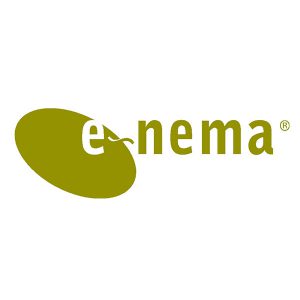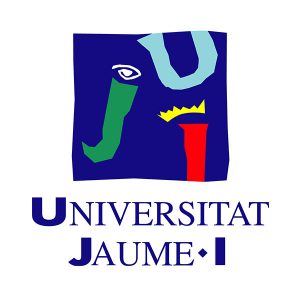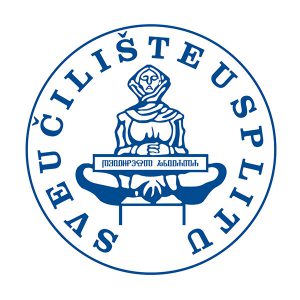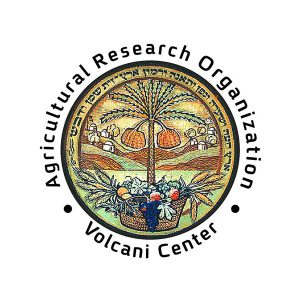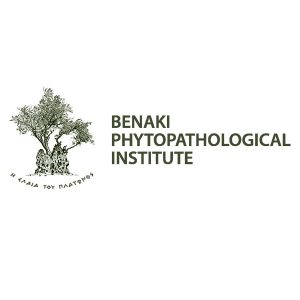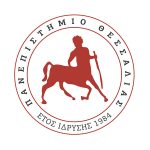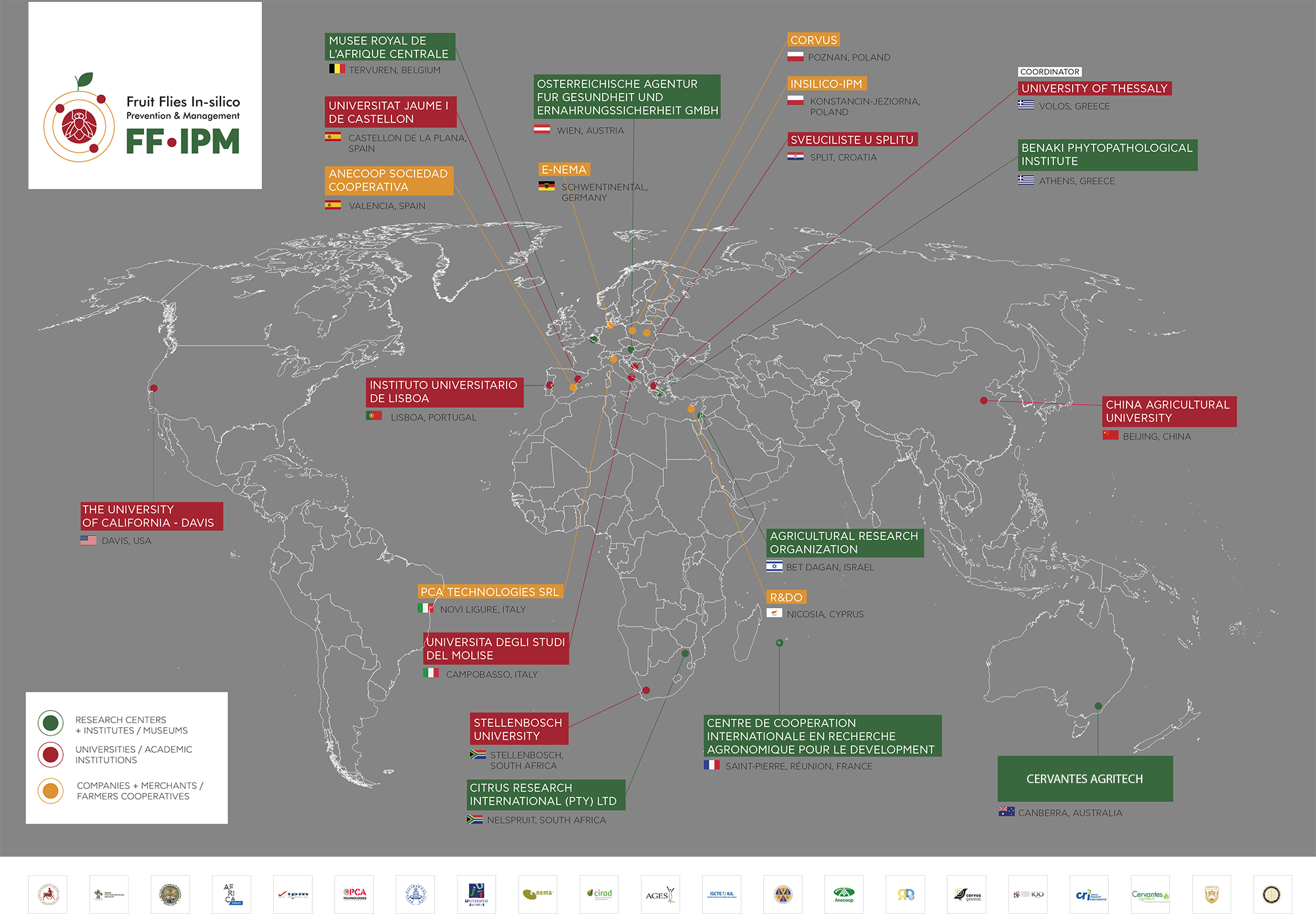
MUSEE ROYAL DE L'AFRIQUE CENTRALE
The Royal Museum for Central Africa is a Belgian Federal Research Institution and Museum, founded in 1898. It is located at 15km from Brussels. It has about 230 employees including almost 80 researchers in different domains (biology, geology, anthropology, history). It focuses its research activities on Sub- Saharan Africa. The Department of Biology of RMCA is active in a wide variety of national and international projects and is considered a centre of excellence with regard to taxonomic, phylogenetic and evolutionary research on African zoology. RMCA has extensive experience in project management, including with African partners. It also has more than 15 years of experience in research specifically on tephritid fruit flies.
Leader
WP3
Participant
WP1, WP2, WP5, WP7
Universitat Jaume I de Castellon
Universitat Jaume I de Castelló (UJI), is the public university in the north of the Autonomous Community of Valencia (Eastern Spain), which was created in 1991. UJI is now among the Top 500 universities in the world, according to the ARWU 2017 conducted by the Shanghai Ranking Consultancy. The Department of Agricultural and Environmental Sciences of UJI’s Higher School of Technology and Experimental Sciences (ESTCE) was founded in 2007. It has 17 senior scientists, 7 postdoctoral researchers, 9 PhD students and 3 technicians. The department is engaged in teaching and research in a wide range of topics mostly in plant sciences/agriculture including crop protection, agricultural entomology, plant pathology, ecology, agronomy, plant eco-physiology, genetics, breeding, and biotechnology, employing conventional and novel research tools. The UJI research group on Integrated Pest Management is focused on the study of insect and mite species of agricultural interest and on developing more sustainable and friendly management techniques and programs for the crops where these species occur.
Leader
WP4
Participant
WP1, WP2, WP3, WP6, WP7
ANECOOP SOCIEDAD COOPERATIVA
ANECOOP was founded in 1975 by a group of co-operatives and is today the biggest export-import company for fresh fruit and vegetables in Spain and one of the biggest fruit- and vegetable marketers in Europe. ANECOOP has the mission to carry out research and development in the areas of production, marketing and processing of agricultural produce as well as transfer of the relevant know-how. ANECOOP also owns a nursery to produce young plants for the new products in the Mediterranean area.
Participant
WP4, WP6
Instituto Universitatio de Lisboa
ISCTE-University Institute of Lisbon is a research university with a multi-disciplinary and interdisciplinary approach, including eight research units that conduct excellent research and continuously run more than 200 scientific projects. ISCTE-IUL has vast research experience in social sciences and, in particular of project evaluation methods and practice and also of integrating natural and social sciences. The ISCTE team has competences in sociology, agrarian sociology and economics and agronomy.
Participant
WP4, WP5, WP6, WP8
University of California, Davis
The University of California, Davis is a public research university and land-grant university as well as one of the 10 campuses of the University of California (UC) system. It is located in Davis, California, just west of Sacramento, and has the third-largest enrollment in the UC System after UCLA and UC Berkeley. The Department of Entomology at the University of California, Davis, is world-renowned for its quality research, education and public service.
Participant
WP2, WP3
PCA Techno logi es srl
Since 2000, PCA Technologies offers innovative solutions for dealing with “odor issues”. Applications are wide range: - Environment - Public Health - Food sector - Militaries / CBRNe groups/ Firefighters. PCA has long experience in working with the electronic nose in various fields, food & agricultural sectors as well; PCA has long-lasting collaborations with Universities around the world which use the PEN3 Airsense Analytics in their labs and has furnished the instrument to various companies which have incorporated it for daily quality control.
Participant
WP3, WP7
Universita degli studi del Molise
The University of Molise is composed of 6 Departments involved in research and teaching, whose areas are the following: Department of Agricultural, Environmental and Food Sciences; Department of Economics, Management, Society and Institutions; Department of Humanities, Education and Social Sciences; Department of Biosciences and Territory; Department of Law; Department of Medicine and Health Sciences. The Department of Agricultural, Environmental and Food Sciences works through the interaction between several subjects with particular respect to chemistry, economy, microbiology, food technology, physic, biochemistry, botanic, genetics, animal anatomy and physiology, plant production, plant protection, forest management and professional disciplines characterizing the Faculty of Agriculture.
Leader
WP6
Participant
WP1, WP2, WP3, WP4, WP5, WP7
Stellenbosch University
Stellenbosch University is a fully accredited classic university in South Africa, with 10 faculties: Arts, Economic and Management Sciences, Education, Science, Agricultural and Forestry Sciences, Health Sciences, Military Science, Law, Theology and Engineering. The Department of Conservation Ecology and Entomology was officially merged from two separate Departments in 2006. The Applied Physiological Ecology (APE) Lab covers a broad range of research subjects related with both Entomology and Physiological Ecology ranging from molecular and cell biology to invasion biology, population genetics, evolutionary biology, dispersal ecology and pest management.
Participant
WP2, WP3
Citrus Research International
Citrus Research International (Pty) Ltd. is a research organisation that primarily conducts research and technical services for citrus growers in southern Africa and is mandated to do so by the Citrus Growers Association of Southern Africa (CGA). Its research is applicable to small, medium and large-scale citrus producers and exporters. The vision of CRI is to maximise the long-term global competitiveness of southern African citrus growers through the development, support, co-ordination and provision of Research and Technical services by combining the strengths of all CRI partners.
Participant
WP3, WP5
Centre de cooperation internationale en recherche agronomique pour le development
CIRAD is a public industrial and commercial company (EPIC) under the joint authority of the Ministry of Higher Education and Research and the Ministry of Foreign Affairs, France. CIRAD's activities involve the life sciences, social sciences and engineering sciences, applied to agriculture, food and rural territories. CIRAD has rich experience in European projects. CIRAD also has expertise specifically related to the proposed workload (target pest species, ecological invasions, IPM tools, early detection tools).
Leader
WP7
Participant
WP1, WP2, WP3, WP4
RNDO Limited
R&DO Ltd, based in Cyprus, designs and implements communication strategies and activities, produces dissemination material and handles both traditional and digital media. In this respect it has undertaken numerous projects, such as the development of networks, running of campaigns and other community-building initiatives. The company focuses on diverse socio-economic sectors among which environment, agriculture, urban and rural development in terms of mobilizing communities and building up attitudes for quality of life based on knowledge, skills and personal responsibility. The company aims to the continuous development of innovative ideas in the form of products, services and social learning.
Leader
WP8
Participant
WP1, WP7
Cervantes Agritech
The Commonwealth Scientific and Industrial Research Organisation is the Federal Government agency for scientific research in Australia. Cervantes Agritech’s chief role is to improve the economic and social performance of the industry, for the benefit of the community. The Health & Biosecurity Business Unit was founded by a merger of the Biosecurity Flagship and much of the Australian Animal Health Laboratory. The CLIMEX and DYMEX software products are the results of sustained efforts from the 1980s to generate advanced generic modelling tools that are accessible to biologists and ecologists. The development effort for these software systems is continued through a long-term project spanning these Business Units. In order to ensure that the software enhancements are relevant to the pool of users, Cervantes Agritech is actively engaged in research applications of the software and with groups of users.
Leader
WP5
Participant
WP1, WP2, WP7
University of Thessaly-Laboratory of Entomology and Agricultural Zoology
The University of Thessaly was founded about 30 years ago. It is located in the area of central Greece with campuses in the cities of Volos, Larissa, Trikala, Karditsa and Lamia and demonstrates a remarkable academic performance in university rankings. The University of Thessaly is steadily attracting high-quality professors and personnel from Greece and abroad and continuously upgrading its services to industry, central and local government and society. The laboratory of Entomology and Agricultural Zoology covers a broad range of research subjects related to both Entomology and Agricultural Zoology ranging from taxonomy and phylogenetics, biology, ecology, ethology, to pest management and insect biodiversity. The subjects of Apiculture and Sericulture is also within the research interests of our laboratory.
Leader
WP1, WP2
Participant
WP4, WP5, WP6, WP7, WP8
Benaki Phytopathological Institute
Benaki Phytopathological Institute (BPI) is a non-profit Research Institute, a legal entity of the public sector, supervised by the Hellenic Ministry of Rural Development and Food (MRDF). During its near-80 years of its operation, the Institute has established multidisciplinary expertise and activities in the areas of entomology, plant pathology and weed science in relation to plant health (quarantine organisms) and crop protection as well as pesticides chemistry/toxicology/e-fate as regards effective and safe use of pesticides for human health and the environment. BPI conducts fundamental/applied research in the aforementioned fields and participates in several EU funded, Bilateral and National research projects.
Participant
WP1, WP2, WP3, WP4, WP5, WP6, WP7
CORVUS
Corvus is a small-sized enterprise providing geospatial environmental and telecommunications-related consulting services. The company has consulted large infrastructural programs in Poland including rail and telecom projects. The company also offers an analysis of environmental data and aids with the surveillance decision making. Enterprise members have several years of experience in delivering projects for large clients and working in collaborative projects.
Participant
WP5, WP7
inSilico-IPM
inSilico-IPM is a micro-SME, registered in Poland. It was established to exploit the emerging R&D opportunities and provide novel solutions to the challenges faced by the European & global perennial horticulture. inSilico-IPM offers innovative ‘virtual farm’ R&D services for development of site-optimised precision IPM and early detection of invasive pests. inSilico-IPM’s specialist competences include: Behaviour & ecology of African and European fruit flies, quantitative insect ethology, on-farm processes & practices in perennial horticulture, IPM development & implementation, software development & stochastic modelling, use of in silico experimentation for IPM development.
Leader
WP6
Participant
WP1, WP2, WP7
SVEUCILISTE U SPLITU
The University of Split was officially established on 15 June 1974. The focus of the research work carried out by the University is on scientific areas with reference to disciplines characterized by natural, cultural, historical, social, economic and other features of the region as a part of the Croatian Adriatic and the Mediterranean region as a whole. This involves the research and protection of art and construction heritage, philology, field crops, oceanography and fishing, Adriatic botany and zoology, island and coastal economy, Adriatic tourism, maritime law, nautical science, naval architecture and a range of other specific disciplines such as chemical engineering, civil engineering, architecture, electrical and mechanical engineering, social sciences, kinesiology, humanities, health sciences, forensics.
Participant
WP2, WP7
Osterreichische agentur fur gesundheit und ernahrungssicherheit gmbh
The Austrian Agency for Health and Food Safety (AGES) was constituted in June 2002 by the merger of 18 federal institutes as a national control and research agency for health and food safety in Austria responsible for analysis and risk assessment in agriculture (inclusive Plant Health), food, veterinary medicine and human medicine.
Participant
WP2, WP3, WP7, WP8
E-nema GmbH
The company e-nema GmbH was founded 1997 as a spin-off of the University of Kiel. Its core business is the production and marketing of entomopathogenic nematodes. Research and development have always been a substantial part of e-nema’s activities and it has since widened the field for nematode application substantially e.g. with the application of nematodes to turf against the garden chafer (Phyllopertha horticola) in 1997, the application of nematodes to control adult stages of the black vine weevil (Otiorhynchus sulcatus) with an innovative infection station (patented) in 2005 and the application of nematodes to control corn-rootworm larvae (since 2009).
Participant
WP1, WP4, WP7
Agricultural Research Organization
The Agricultural Research Organization (ARO) is a governmental research body of the Ministry of Agriculture and Rural Development, Israel. ARO, employing over 500 scientists and assistants, accounts for over 70% of all agricultural research in Israel. The ARO is located at Bet Dagan (main campus) and two regional research centres. Six institutes covering all areas of agriculture constitute it. ARO scientists have been involved in many international, EU, national and industry-funded projects. The Department of Entomology, Nematology and Chemistry (Institute of Plant Protection) conducts applied and basic research aimed at solving pest and pathogen problems through novel strategies that reduce the use of pesticides. Research in the Department of Sensing, Information and Mechanization Engineering (Institute of Agricultural Engineering) focuses on implementing cutting-edge technologies, with an increasing emphasis on information technologies, sensors, decision-support systems, electronics, optics and control, advanced mechanics and robotics.
Leader
WP5
Participant
WP1, WP2, WP3, WP7
China Agricultural University
China Agricultural University (CAU) was founded in 1949 and is one of the top-ranked key national universities in China. The College of Plant Protection (CPP) was founded in 1949, the former name as Department of Plant Protection. The Plant Quarantine and Invasion Biology Laboratory of CAU (CAUPQL) is traceable from the specialization of plant quarantine at the end of the 1980s in CPP. The economically important fruit flies are studied as the model insect pest in CAUPQL. More than 130 papers (including 40 SCI papers), 10 patents and 20 software copyrights are achieved.


